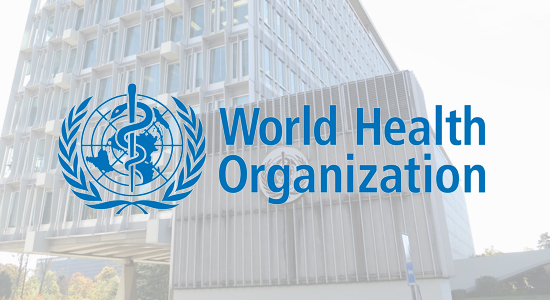The World Health Organisation (WHO) has launched a new Global Antimicrobial Surveillance System (GLASS), a global attempt to address drug resistance.
The GLASS will engage the development of tools and standards and improved collaboration around the world, to track drug resistance, measure its health and economic impacts, and design targeted solutions.
WHO reported new surveillance data on Monday, which revealed widespread resistance to some of the world’s most common infections, including Escherichia coli, Klebsiella, pneumonia, Staphylococcus aureus.
The agency said Antimicrobials have been a driver of unparalleled medical and societal advances, but their overuse has resulted in antibiotic resistant bacteria.
The Director of Antimicrobial Resistance Secretariat, WHO, Dr Marc Sprenger, at the launch of the agency’s GLASS said: “the report confirms the serious situation of antibiotic resistance worldwide.”
According to him, while the system did not include data on the resistance of Mycobacterium tuberculosis, which causes tuberculosis, WHO has been tracking and providing annual updates on it since 1994, in the Global tuberculosis report.
“Some of the world’s most common and potentially most dangerous infections are proving drug-resistant. And most worrying of all, pathogens don’t respect national borders,” he added.
To date, 25 high-income, 20 middle-income and seven low-income countries are enrolled in WHO’s Global Antimicrobial Surveillance System.
For the first report, 40 countries presented information on national surveillance systems with 22 also providing data on antibiotic resistance levels.
He said the quality and completeness of data in this first GLASS report vary widely.
Some countries face major pitfalls in building their national surveillance systems, including a lack of personnel, funds and infrastructure.
Dr Carmem Pessoa-Silva, WHO Surveillance System Coordinator, said the report was a crucial first step towards improving understanding of the extent of antimicrobial resistance.
“Surveillance is in its infancy, but it is vital to develop it if we are to anticipate and tackle one of the biggest threats to global public health,” Dr Carmem said.
“WHO is supporting countries in setting up national antimicrobial resistance surveillance systems to produce reliable, meaningful data, with GLASS helping to standardise data collection for a more complete picture of patterns and trends.”
Solid drug resistance surveillance programmes in tuberculosis, HIV and malaria have been functioning for years, estimating disease burden, planning diagnostic and treatment services, monitoring control interventions effectiveness and designing effective treatment regimens to address and prevent future resistance.
“GLASS is expected to perform a similar function for common bacterial pathogens,” he added.



















